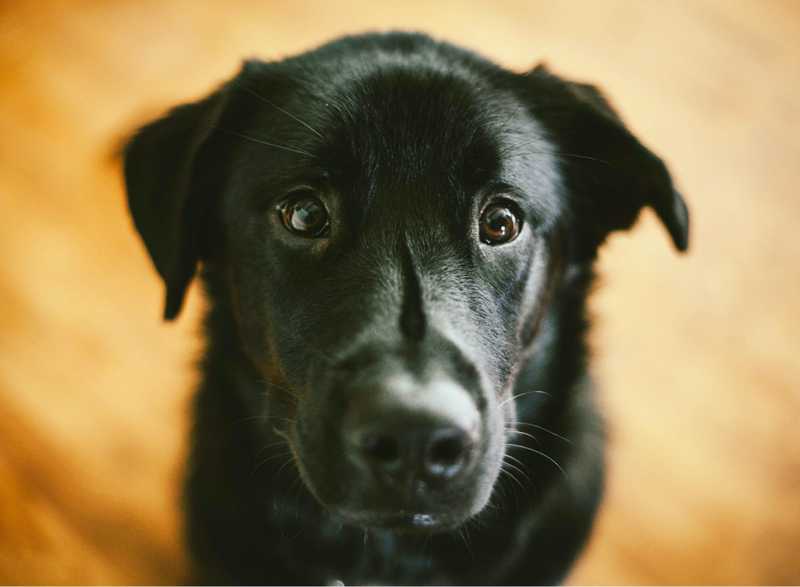Human beings aren’t the only ones who can suffer from anxiety: Your pet can get anxious, too. Dogs, cats and many other animals such as birds and horses experience anxiety. Maybe you’ve noticed this in your pet when you leave the house, take them for a car ride or have guests over. Many things can trigger anxiety, and it can be hard to treat both the symptoms and root causes.
Luckily, cannabis has powerful anti-anxiety properties that may be able to help.
FOLLOW US ON FACEBOOK & INSTAGRAM
Types of Anxiety in Cats & Dogs
Pet anxiety generally falls into three types of categories:
- General fearfulness
- Noise sensitivity
- Separation anxiety
Several things can lead to or trigger anxiety in your dog or cat; some of the most common are:
- Moving into a new home
- Addition or removal of people or pets from your home
- Past trauma
- Lack of early socialization
- Medical issues
Dogs or cats that tend to go through multiple homes are more likely to have anxiety issues. If your pooch or feline suffers from anxiety, having a consistent daily routine and a standard protocol for introducing your pet to new places, objects and people can be helpful.
Signs of Anxiety in Cats & Dogs
Does your dog or cat suffer from anxiety? Sometimes it’s obvious, and other times, it can be difficult to tell. Common signs of anxiety include:
- Panting
- Pacing
- Whining, whimpering or excessive meowing
- Hiding
- Fidgeting or trembling
- Obsessive licking
- Destructive or aggressive behavior
- Urinating or defecating in the wrong places
Some less obvious signs are:
- Lip licking
- Air sniffing
- Yawning
- “Wet dog shake”
Anxiety can also show up as physical symptoms such as:
- Excessive shedding
- Changes in appetite
- Disruption of sleeping habits
- Dilated pupils
Of course, many of these symptoms can be due to other conditions like allergies, skin issues and endocrine disorders. Though mild to moderate anxiety is common in some animals, it can grow to serious proportions in some cases. If your pet’s anxiety is affecting either you or your pet’s quality of life, it’s time to pay a visit to your veterinarian.
Using Cannabis to Calm Your Pet’s Anxiety
Similar to humans, treatment for anxiety in dogs and cats usually involves antidepressants, selective serotonin-reuptake inhibitors (SSRIs) and behavioral therapy. However, just like with humans, sometimes these methods fall short. This is where cannabidiol (CBD) can help.
CBD helps with anxiety in humans, and it may be able to do the same thing for your kitty or K9—our furry friends also have endocannabinoid after all.
The endocannabinoid system is a network of receptors that’s located throughout the body; cannabis acts on this system to bring about therapeutic effects. Your pet also has this system, which is why many pet parents are turning to CBD to ease their pet’s anxiety, with great success.
“[CBD] is a game changer as far as anything that I’ve ever seen in the 15 years of doing this,” says Heidi Hill, owner of Holistic Hound, a pet store in Berkeley, CA, that also has its own line of hemp-derived CBD products.
She says that customers tend to seek out her CBD products for anxiety, as well as inflammation and pain. And that the feedback she’s gotten is overwhelmingly positive.
“I’m very happy with the CBD treats,” writes Mary, a customer using Heidi’s products for her dog, whose anxiety causes her to cry at night. “Both my dog and I are getting more sleep,” she adds.
“Before, vet visits were very traumatic. After a couple of drops of CBD tincture, our cat was calm, responsive and stress free,” writes Roger, another satisfied customer.
Looking through the long list of Heidi’s testimonials, it seems that CBD can be useful for many different types of anxiety, including separation anxiety and situational anxieties, like car rides or thunderstorms. However, it’s important to remember that some types of anxiety, especially those that can lead to aggressive behaviors, may require more treatment than CBD consumption alone.
If you’re thinking of using CBD to address your pet’s anxiety, you may want to consult a veterinarian who has experience with cannabis. However, be aware that, by law, vets can’t recommend CBD products in some states including California. And when figuring out your pet’s ideal dose, keep in mind that your pet’s endocannabinoid system is unique—just like yours. Therefore, start at a low dosage and slowly increase until you get the desired effect.
Photo credit: Heather Miller
